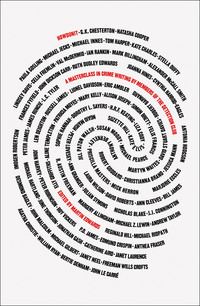Sadece Litres'te okuyun
Kitap dosya olarak indirilemez ancak uygulamamız üzerinden veya online olarak web sitemizden okunabilir.
Kitabı oku: «Howdunit», sayfa 3
Bir şeyler ters gitti, lütfen daha sonra tekrar deneyin
₺868,75
Türler ve etiketler
Yaş sınırı:
0+Hacim:
610 s. 17 illüstrasyonISBN:
9780008380144Editör:
Yayıncı:
Telif hakkı:
HarperCollins